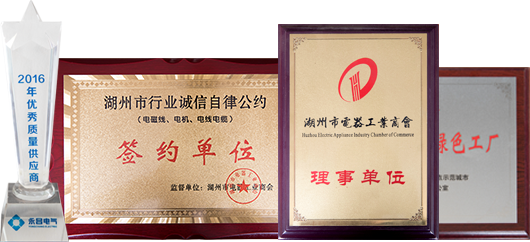What are the key advantages of using enameled aluminum wire compared to copper wire in electrical and electronic applications?
Enameled aluminum wire offers several advantages when compared to copper wire in electrical and electronic applications. These advantages make it a viable alternative for various industries and applications. Here are the key benefits of using enameled aluminum wire:
Lightweight: Aluminum is significantly lighter than copper, which is particularly advantageous in applications where weight reduction is essential. This makes enameled aluminum wire a preferred choice in industries such as aerospace and automotive, where weight savings translate to improved fuel efficiency and performance.
Cost-Effective: Aluminum is more abundant and less expensive than copper, resulting in lower material costs for enameled aluminum wire. This cost-effectiveness is attractive to manufacturers looking to reduce production expenses.
Good Electrical Conductivity: While aluminum has a lower electrical conductivity compared to copper, it is still highly conductive. In most applications, the difference in conductivity can be compensated for by using a slightly larger diameter of enameled aluminum wire.
Resistance to Corrosion: Aluminum has a natural oxide layer that forms on its surface, providing some resistance to corrosion. In certain environments, aluminum can outperform copper in terms of corrosion resistance.
What types of insulation materials are commonly used with enameled aluminum wire?
Enameled aluminum wire can be insulated with various materials, depending on the specific application requirements. The choice of insulation material impacts the wire's electrical, thermal, and mechanical properties. Common insulation materials used with enameled aluminum wire include:
Polyester (PET): Polyester enamel is one of the most common insulation materials for enameled aluminum wire. It offers good electrical insulation properties, flexibility, and resistance to moisture and chemicals. PET-insulated aluminum wire is often used in motors, transformers, and coils.
Polyimide (PI): Polyimide enamel provides excellent thermal resistance, making it suitable for high-temperature applications. It can withstand temperatures well above 200°C (392°F) without losing its insulating properties. Polyimide-insulated aluminum wire is used in aerospace, automotive, and other high-temperature environments.
Polyurethane (PU): Polyurethane enamel offers good electrical insulation and flexibility. It is commonly used in applications where resistance to abrasion, chemicals, and solvents is required. PU-insulated aluminum wire is found in appliances, electronics, and industrial equipment.
Polyesterimide (PEI): Polyesterimide enamel combines the properties of polyester and polyimide, offering excellent thermal resistance and electrical insulation. It can withstand elevated temperatures and is often used in motors, generators, and transformers.










